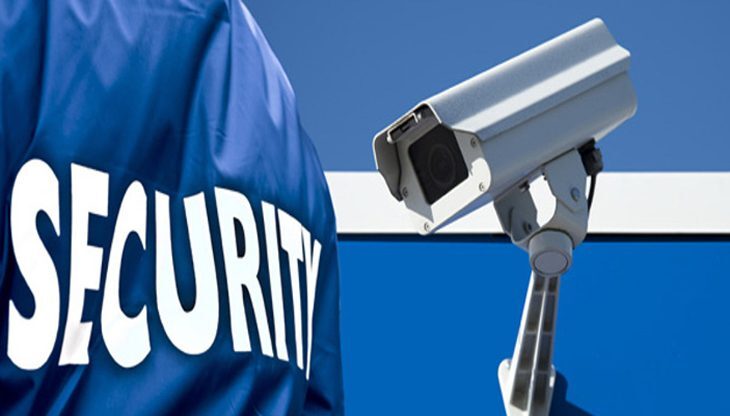Does Your Business Need A Security Service?
The Unfortunate NEED For Business Security Services? On and offline (cyber security, phishing)
While a physical security presence is still the best deterrent to petty crime most businesses, big and small, are realising the need to include Business Security Service agencies or companies to provide them specialised services including digital security services.
 It is imperative to have a proactive approach towards this important aspect rather than having a reactive approach.
It is imperative to have a proactive approach towards this important aspect rather than having a reactive approach.
Instead of getting into a fire-fighting mode after the happening of an event or compromise, it is considered more prudent to take all possible measures to prevent such an event from happening or to, at the very least, keep the damages to the minimum by having a proper business security service in place.
While all businesses are making efforts all the time towards strengthening the business, they also need to protect their businesses from any security incident which may lead to a financial loss, loss of critical data, intellectual property theft, fraud, avoidable exposure to (frivolous) law suits, loss of shareholder value or even extortion.
As a safeguard against the risks enumerated above, any business must have adequate security systems as an integral part of their business security service arrangement.
Every day, more and more people, organizations and devices are getting connected to have access to the ever increasing range of goods and services through digital technology.
More and more questions like, “Are you a robot?”, “Is my data safe with you?” and “Are you who you say you are?” are being asked now. But, in the corporate world, many people still consider cyber security to be a technical matter.
Here are some on the most common types of business security services:
We are all aware of the existence of adequate security features in Symantec (Norton Anti-Virus) and McAfee for protection against computer viruses and spyware, the SIM (Subscriber Identity Module) card, mobile signatures (legally binding electronic signatures), EMV chip embedded in the credit cards with Visa or Master Card affiliation, e-tickets being issued by the airline industry and embedded microchips in biometric passports.
These microchips store digitised photographs and personal information like name and gender of the holder. Many countries have also introduced facial recognition technology while some are going for both retina and fingerprint recognition technology.
Despite the above, studies reveal that more than ninety percent of Internet users were very much concerned about credit card security.
In today’s business world, you must have a nice security service for your business, to ensure that your business stays protected physically and electronically.
